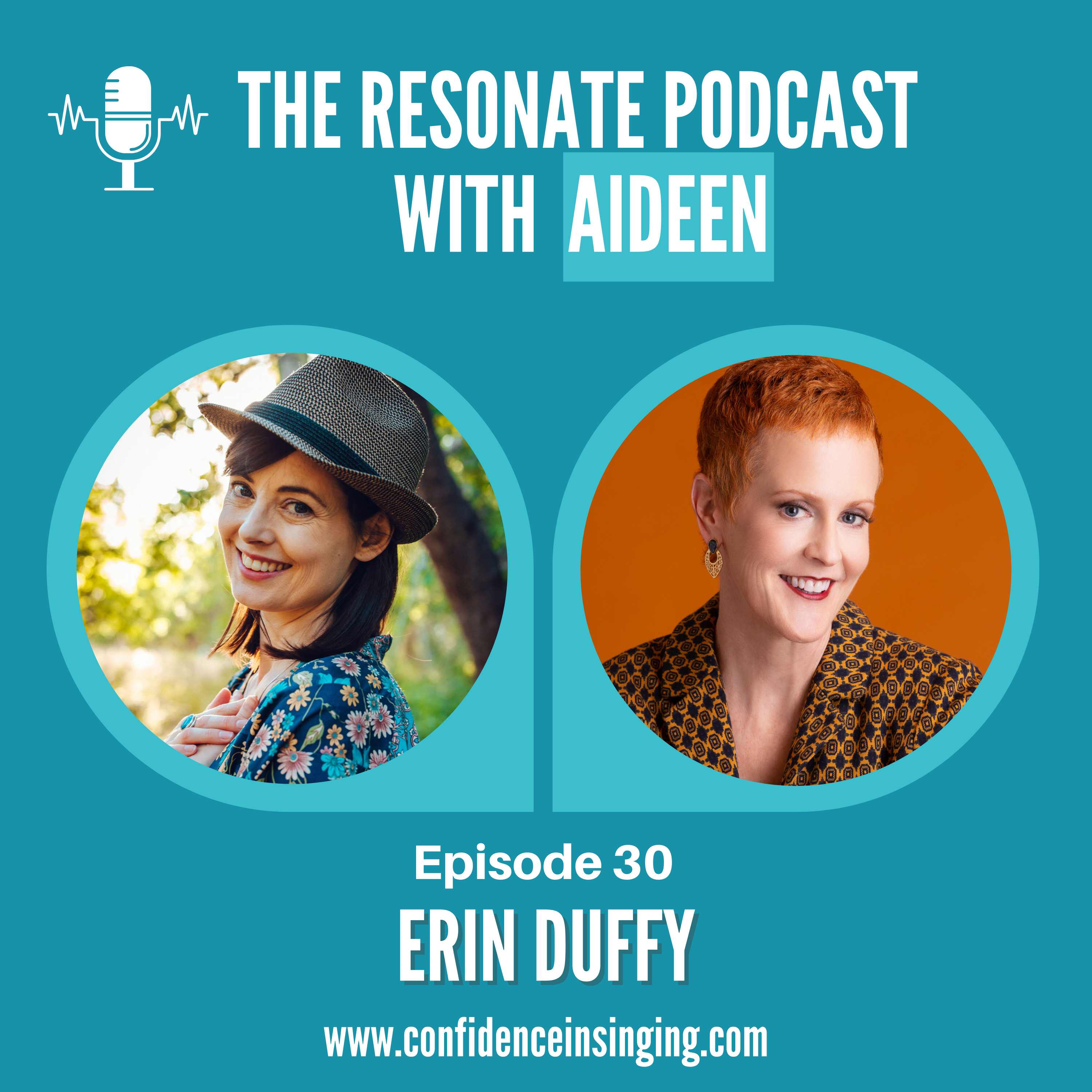Erin Duffy is a Career Transformation and Stage Presence Coach. After 25 years of
managing dual careers, first as an executive in a creative agency by day and simultaneously as a singer/actor by night, she combined the two to create her company InspirationSQRD. She works with mid-career business professionals and leaders who struggle feeling fulfilled and confident and want to step into their personal power and advance their career. She helps them to clarify and own their unique personal story. She believes our stories hold the insights that help us transform our lives. In her highly curated programs, her clients develop a richer personal narrative by clarifying the stories behind their life experiences. She then helps them to use the personal power of their story to catapult their career journey and use it to supercharge their stage presence.
Connect with Erin
WEBSITE: inspirationsqrd.com
LINKEDIN: linkedin.com/in/erin–duffy
